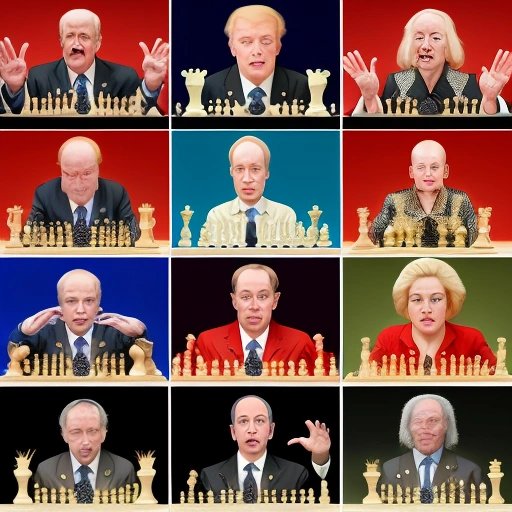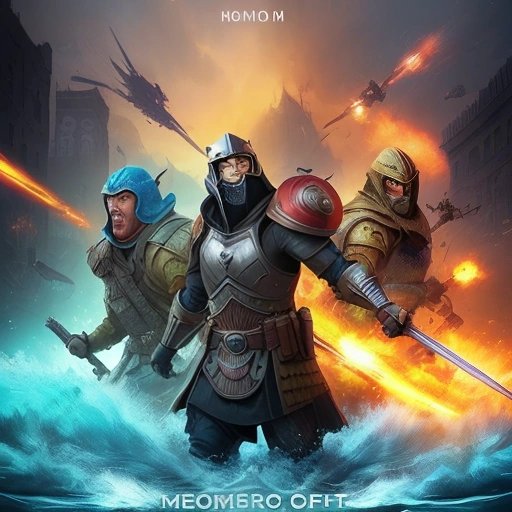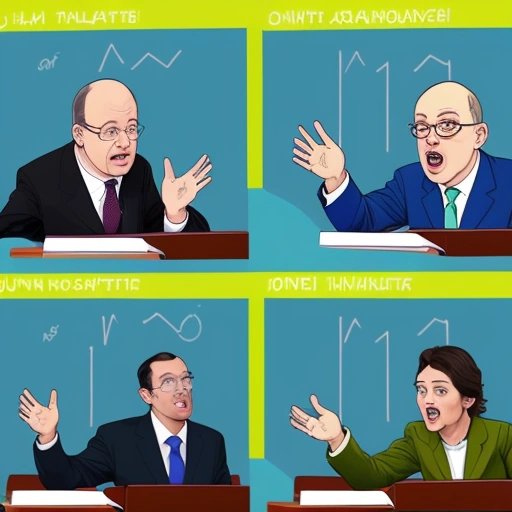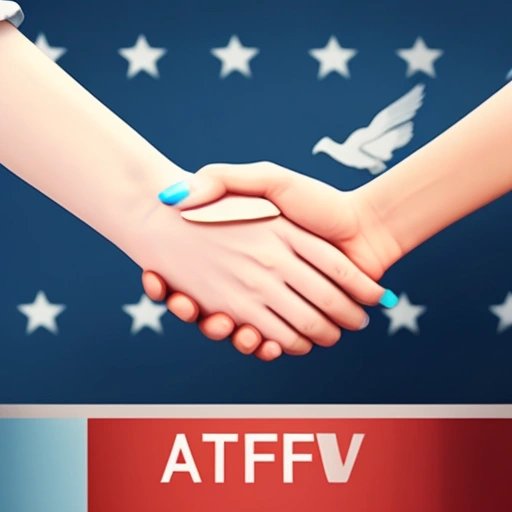In a shocking turn of events, tensions between the United States and China have reached unprecedented heights. The cause of this escalating conflict? The age-old debate over the pronunciation of the popular image format, GIF vs JIF. As absurd as it sounds, this seemingly trivial disagreement has ignited a feud that threatens to destabilize international relations.
Experts suggest that the origins of this dispute can be traced back to an innocent internet exchange between an American netizen and a Chinese netizen. What started as a lighthearted conversation quickly spiraled into a fiery debate over the correct way to pronounce GIF. The American netizen adamantly defended the hard "G" pronunciation, while the Chinese netizen championed the soft "G" variation.
Little did they know that their innocent disagreement would snowball into a global controversy. News of the GIF vs JIF showdown spread like wildfire, captivating people from all walks of life. Memes were created, hashtags were born, and before anyone knew it, the world was split into two factions: Team GIF and Team JIF.
World leaders couldn't resist jumping on the bandwagon of this ludicrous battle. The president of the United States, known for his Twitter prowess, fired off a series of tweets supporting Team GIF and declaring it the "true pronunciation." Meanwhile, the president of China, equally adept at social media, retaliated with a Weibo post endorsing Team JIF and claiming it as the "correct pronunciation for the Chinese language."
As tensions mounted, the United States took the drastic step of declaring DEFCON 2, a heightened state of military readiness, in response to China's unwavering support for JIF. This decision sent shockwaves through the international community, leaving everyone wondering, "Are we really on the brink of war over a pronunciation disagreement?"
Social media erupted with outrage, confusion, and, of course, an abundance of GIF and JIF-themed memes. The internet became a battleground for linguistic debates and witty retorts. GIF memes depicting American icons like Captain America punching the soft "G" into submission and Chinese symbols transforming into hard "G" warriors flooded cyberspace.
While the war of words intensified, ordinary citizens found themselves caught in the crossfire. Families became divided, friendships were tested, and workplaces saw an uptick in arguments during lunch breaks. Watercooler conversations became battlegrounds for heated discussions about the merits of hard "G" versus soft "G." The world had become a prison of pronunciation, and no one could escape.
In a desperate attempt to find a resolution, the United Nations proposed a GIF vs JIF debate to settle the dispute once and for all. Diplomats and linguists from around the world gathered in the General Assembly Hall, armed with PowerPoint presentations and impassioned speeches defending their preferred pronunciation.
The debate was an absolute circus. PowerPoint slides were littered with GIF and JIF memes, linguistic arguments were drowned out by laughter, and at one point, a diplomat accidentally played a video of a dancing cat instead of showcasing their linguistic analysis.
After hours of animated discussion, it became clear that there would be no winner. The debate reached an impasse, leaving the world in a state of frustration and uncertainty. Could this seemingly trivial disagreement ever find a resolution?
As the dust settled, a glimmer of hope emerged from an unexpected source: a joint statement issued by the American and Chinese netizens who started it all. They admitted that while their initial exchange was meant to be lighthearted, they never anticipated the havoc it would wreak. In a show of unity, they acknowledged that both pronunciations were acceptable and that the GIF vs JIF debate should be retired to the annals of internet history.
And just like that, the GIF vs JIF showdown came to an end. The world breathed a collective sigh of relief, grateful to be free from the grips of this pronunciation pandemonium. As for the United States and China, they gradually eased out of DEFCON 2, shifting their focus back to more pressing matters and leaving behind the absurdity of the GIF vs JIF dispute.
The lesson learned from this bizarre spectacle? Perhaps it's time to prioritize unity and understanding over trivial linguistic debates. After all, in a world filled with real challenges and complex issues, arguing over the pronunciation of an image format seems truly GIF-iculous.
And so, let us bid farewell to the GIF vs JIF frenzy, hoping that we can all move forward with a newfound appreciation for harmony... and perhaps a few hilarious GIFs to lighten the mood.




